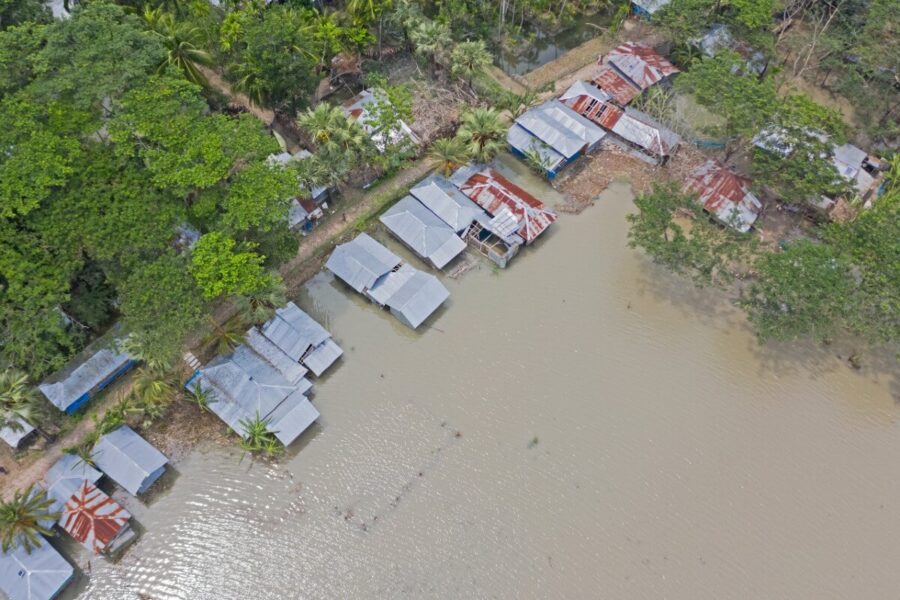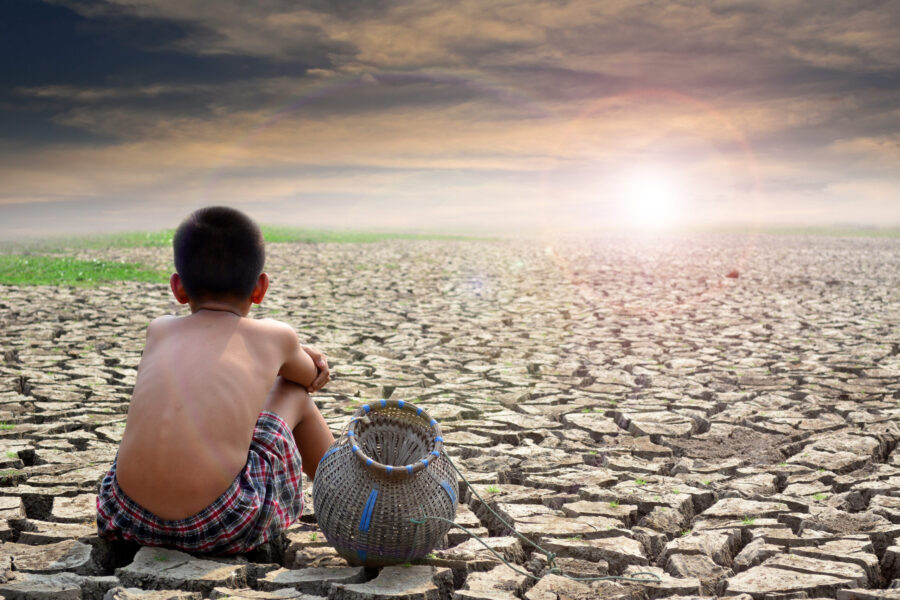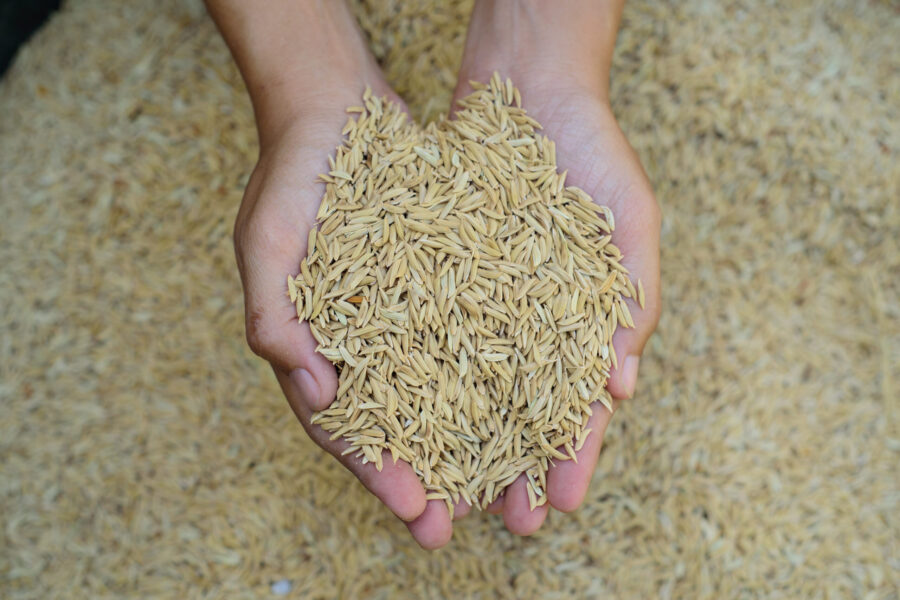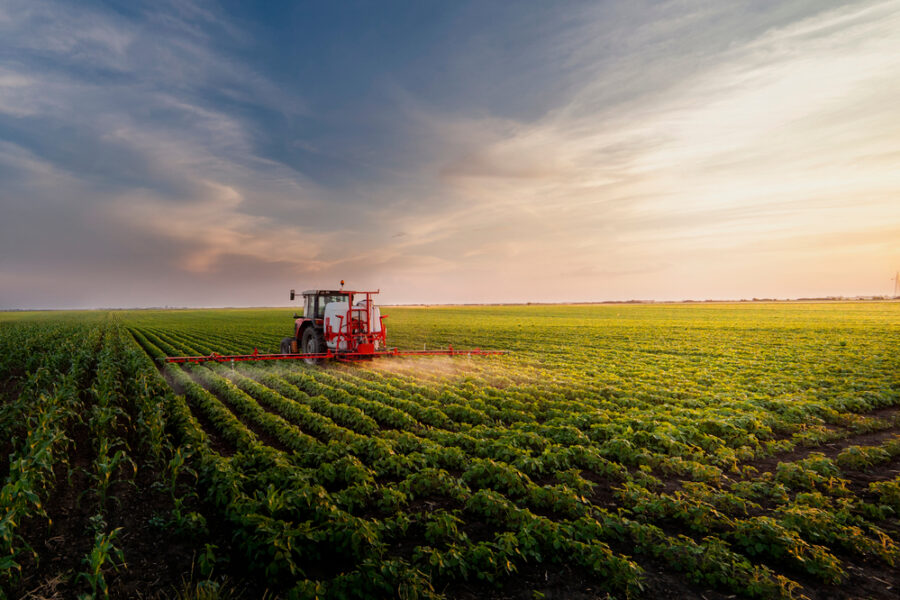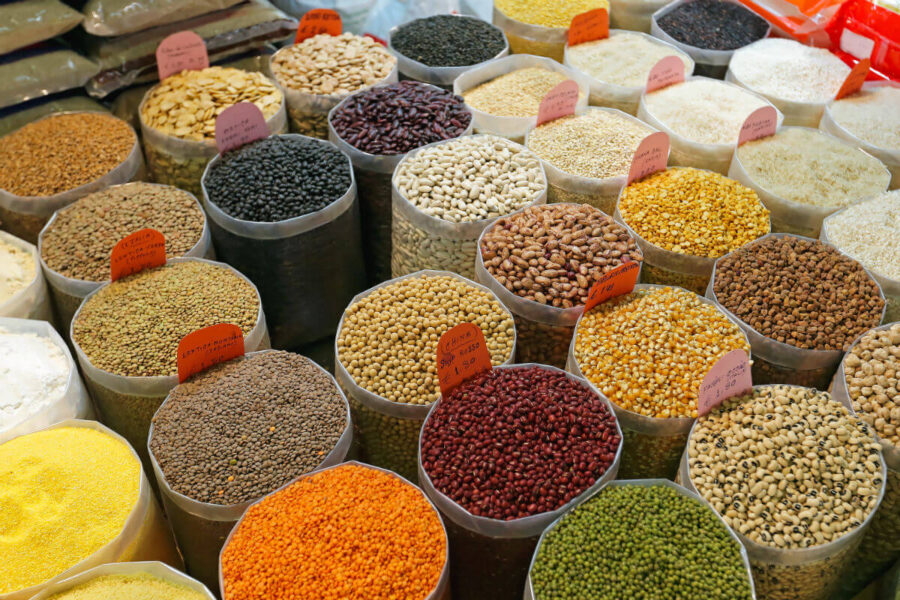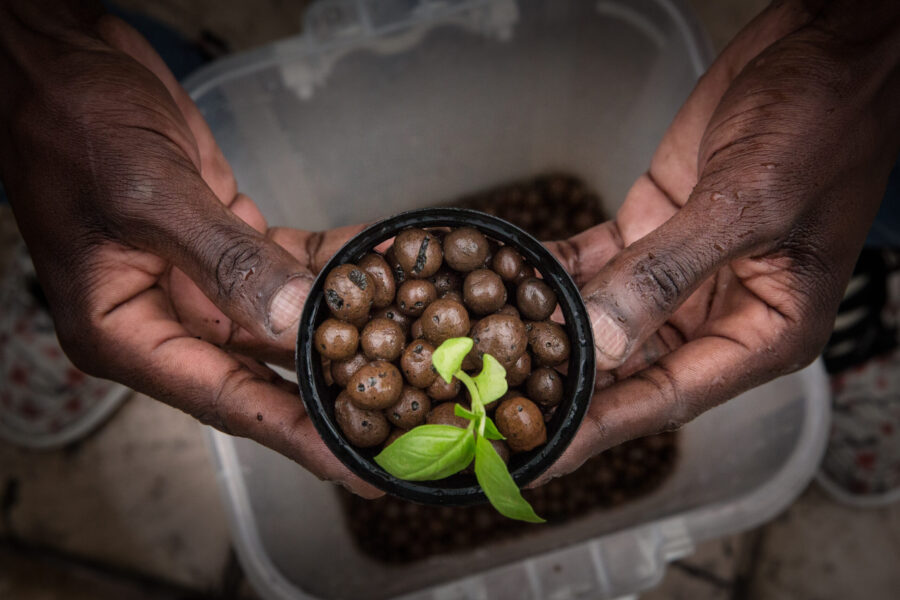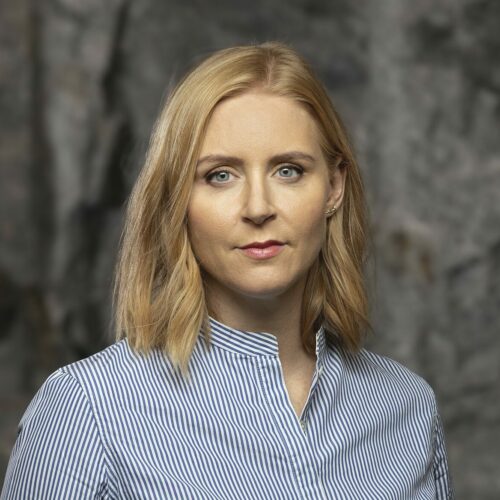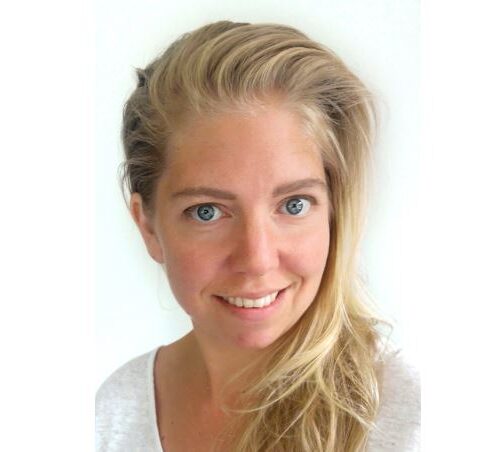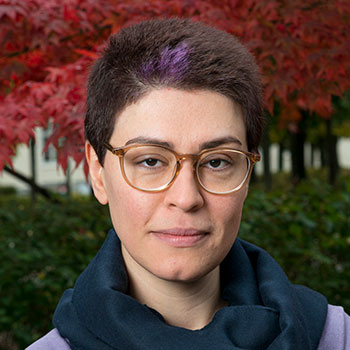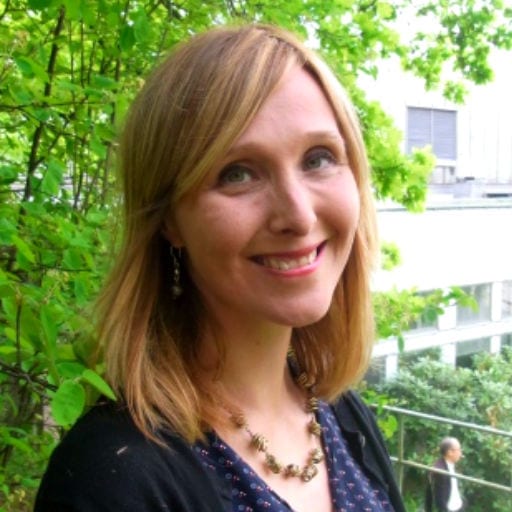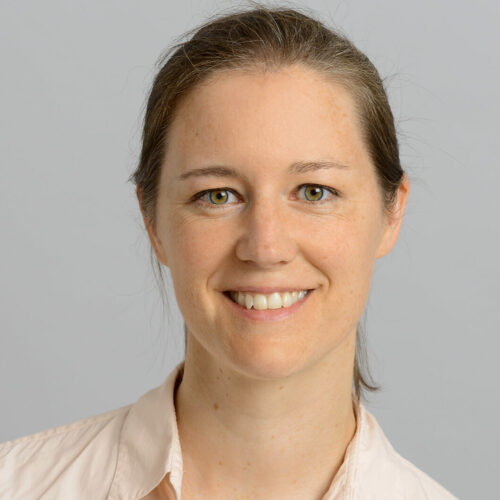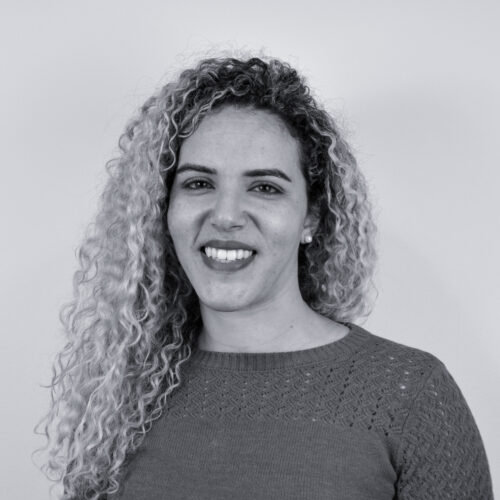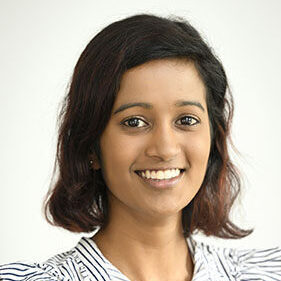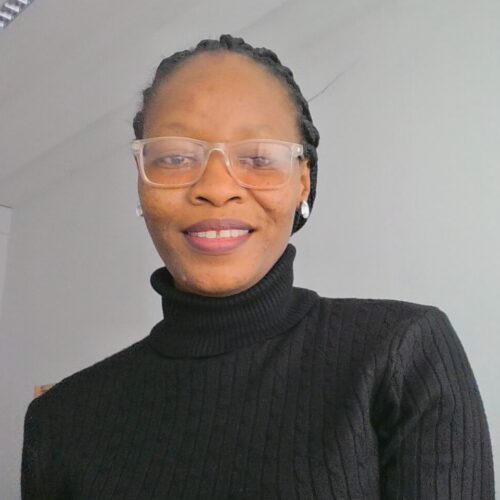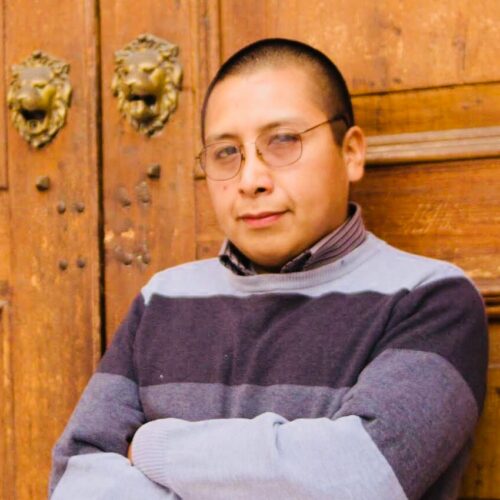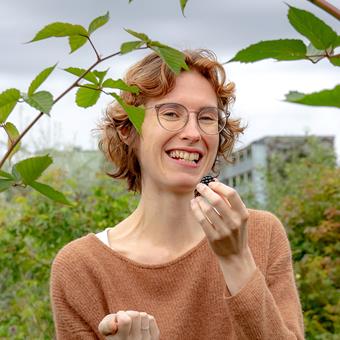The Geopolitics of Food Security has been identified as one of the central thematic research topics of the Mistra Geopolitics Programme. It examines how the international community can end hunger by 2030 in the face of environmental change and geopolitical shifts. It asks how states suffering from food insecurity respond to systemic risks in global food trade, and how European states seek to govern the environmental risks and vulnerabilities resulting from complex and transnational supply chains. This will include an evaluation of food security policies and their interplay with other SDGs such as SDG 16 on just and peaceful societies in global food security hotspots.
Half of the global population lives in the 50 most food insecure countries – mainly located in Africa, the Middle East and Central Asia. Climate change will threaten food production in many areas of the world, while continued population growth coupled with higher demand for meat increase the pressure on agricultural land. Challenges to food security are amplified by the ongoing COVID-19 pandemic and persistent conflicts. An examination of the potential risks and response measures for ensuring global food security in a world of rapid change is urgently needed.


